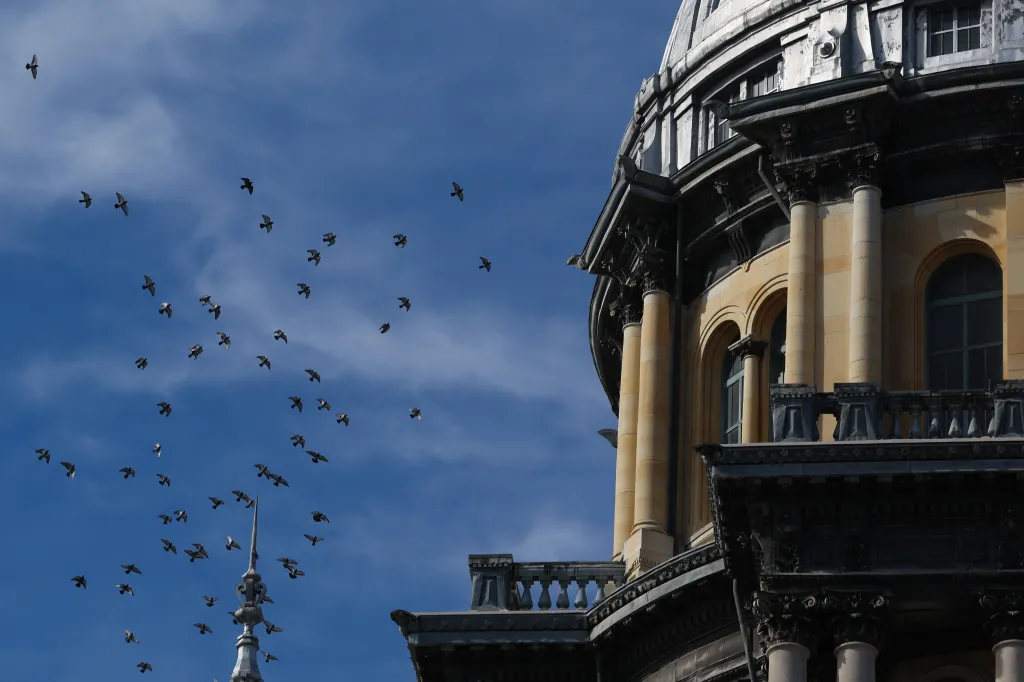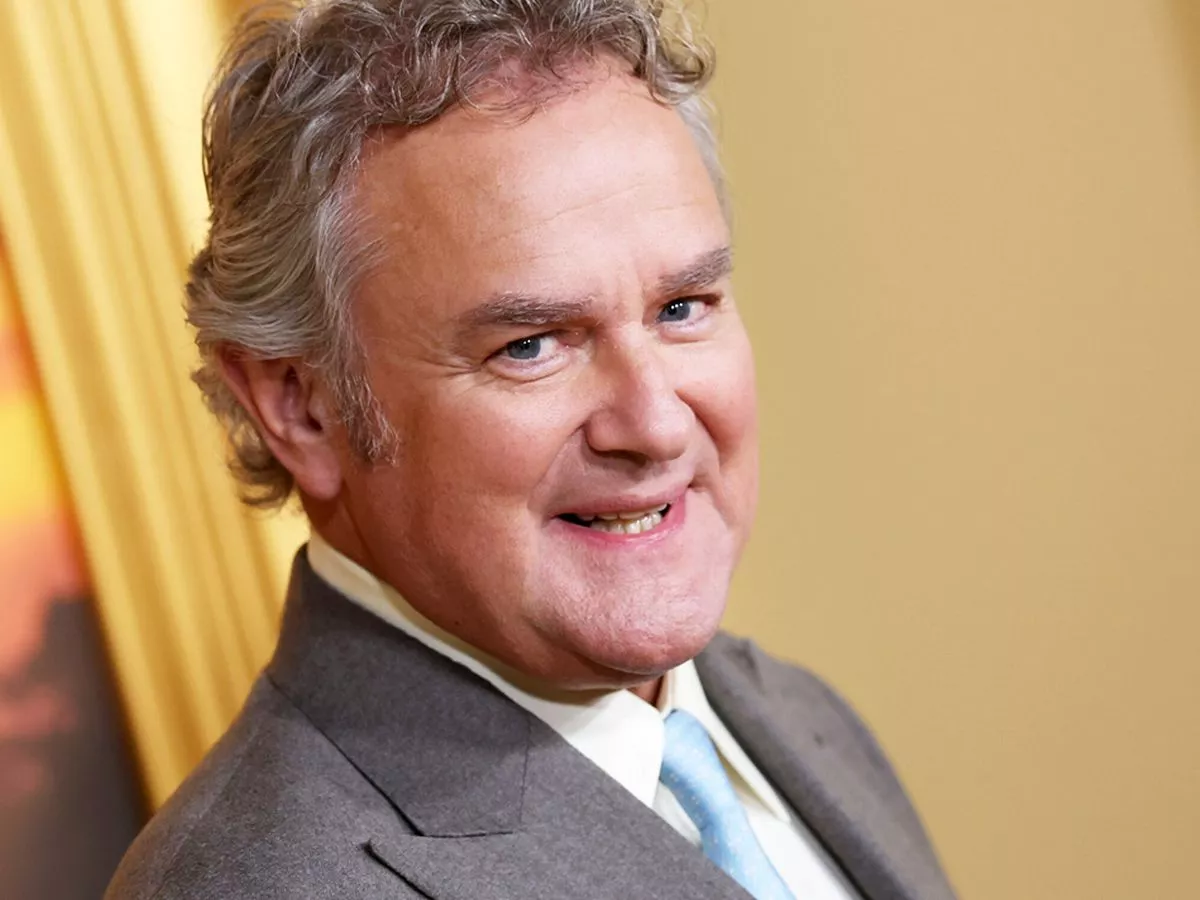Copyright Chicago Tribune

Every year, state and local pension costs gobble up an increasing share of budgets — leading to structural deficits, more borrowing, and higher state and local taxes. Haven’t we had enough? Guess not. State lawmakers are currently considering one of the most harmful pieces of legislation for state finances in history. It would saddle taxpayers with billions of dollars in new pension debt and push the burden onto future generations of Illinoisans in one fell swoop. Senate Bill 1937 would increase retirement benefits for employees hired after 2010, known as Tier 2. It would reduce retirement ages, remove early retirement penalties, increase cost-of-living adjustments, spike final average salary calculations and increase the pensionable salary cap for Tier 2 employees, among other things. These benefits would affect all government employees including downstate police and fire workers who recently had pensions sweetened. To fund these benefits, the state would need to contribute an estimated $13.9 billion to the pension systems immediately for the three largest state-run systems (Teachers’ Retirement System, State Retirement Systems and State Universities Retirement System). The estimated costs add up to over $52.7 billion long term. That doesn’t include the billions in costs for other state employees and local governments pension systems — including the Chicago Teachers’ Pension Fund — because lawmakers have refused to request a fiscal analysis. This is the pay-later approach the state’s been taking since 1994, when the current state pension funding schedule began. The “Edgar Ramp” was passed to allow the state to pay mounting pension debt — which then stood at nearly $20 billion — through 2045. The plan minimized initial costs, then scaled expensively over time. The Edgar Ramp has been an abject failure. Today, Illinois’ state-level unfunded pension liabilities stand at about $144 billion. What Illinois lawmakers don’t understand is this plan was always immoral, exceptional and pernicious. Immoral because it makes future young Illinoisans decades from now pay for past services. In 2014, the Society of Actuaries commissioned a panel to study government pensions that called this intergenerational inequity. They said amortization is a bad practice that should be avoided. Exceptional because other states and cities don’t operate this way. That’s why Wisconsin’s combined state and local pension systems have a surplus. Private sector pensions are required to stay at 100% funding or employers are held accountable. Pernicious because the state continues to throw more pension benefits on the ramp. Local governments have adopted their own. The ramp’s increased pension payments for past service costs come from dollars that otherwise would go to primary and higher education, mass transit, public safety and paying off old debt that is strangling local governments such as Harvey. If the ramp were not an option, the state would have to take $13.9 billion out of this year’s budget to pay for the sweeteners. It would make the costs more real. The worst part? Changes to the Tier 2 system are wholly unnecessary. What got SB1937 started was the false pretense that Illinois was in violation of Internal Revenue Service law. Last session, state lawmakers inserted the “Social Security Wage Base Reserve Fund” into the massive Budget Implementation Act. The bill completely addressed this concern. Illinois lawmakers have been committing pension malpractice for decades. Instead of reversing the legitimate pension reform enacted in 2010, they should stop their amortization addiction. Here is what they should consider instead: The state must first reject all increases to Tier 2 pension benefits statewide. Enact a state law that outlaws the gradual amortization of benefits and requires all pension changes to be funded with the undiscounted future stream of benefits at the time they are enacted. If they won’t tackle the ramp themselves, they should pass a state law that requires all changes to pension plans that would increase liabilities be approved by voters. We have both an obligation to government workers to provide them with retirement benefits and future Illinoisans to leave them a state with financial stability. We need to pay for today so our children are free to pay for tomorrow. The malpractice must end. Ed Bachrach is founder of the Center for Pension Integrity and the co-author of “The New Chicago Way: Lessons from Other Big Cities.” Bryce Hill is director of fiscal and economic analysis at the Illinois Policy Institute.



